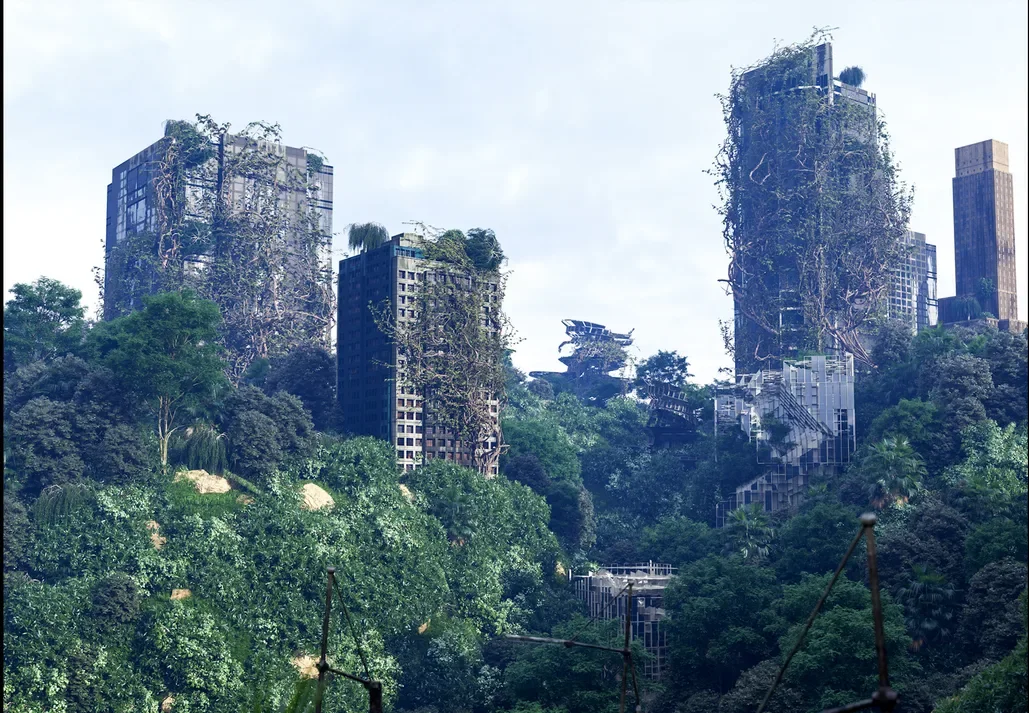
What Would Happen To Earth If Humans Went Extinct?
The idea of a world without humans is both fascinating and terrifying. Recent discussions by scientists have explored what Earth might look like after human extinction, bringing to light the profound impact we have on the planet. Speculations paint a vivid picture, and these insights underscore the urgency of our relationship with nature.
According to a study by JV Chamary, the effects of climate change have skyrocketed species extinction rates, with biodiversity plummeting at an alarming 1,000 times faster than the natural background rate. This alarming statistic serves as a reminder that while humanity has shaped the environment, it may also be its undoing.

Imagine a year after our disappearance: the world would echo with silence, free from daily hums of machines and chatter. As nature reclaims urban spaces, homes would stand as relics covered in dust and vegetation, surrounded by wildlife returning to habitats once dominated by humans. Smaller creatures like mice and raccoons would thrive, while eventually larger animals such as deer and coyotes would reclaim their territories.
With the absence of humanity, many ecological systems would begin to repair themselves, but questions remain. How quickly could Earth recover from the damage? Erin Saupe, a palaeobiologist, notes that biodiversity often rebounds within 2-5 million years after mass extinction events, yet the current extent of habitat destruction could prolong recovery. If humans vanished, one could wonder if today's wildlife would re-adapt or if entirely new species would rise as we clear space in the ecological hierarchy.

The potential rise of new species could mimic historical adaptive radiations, where organisms evolve to fill vacant ecological niches post-extinction. Speculation even ranges to hypothetical creatures reminiscent of today's common animals, such as "aquatic otter-cats" sprouting from domesticated cats surviving in the wild.
As we navigate this conversation, a book by Dr. Henry Gee, titled *The Decline and Fall of the Human Empire*, suggests that every species, including our own, ultimately faces extinction. His insights reveal that we must reassess our priorities concerning population dynamics and ecological conservation. The loss due to our extinction would not only echo through the silence of nature but could serve as a poignant reflection on how humanity has treated the planet.
This exploration propels us to contemplate: what will our world look like without us? Will it flourish or falter? The answers remain speculative but carry significant weight as we consider our current trajectory. Are we prepared to alter our course for a sustainable future?
If you have thoughts on our relationship with nature or the fate of Earth, share your insights in the comments. What do you think would change, and what remains crucial for our survival?